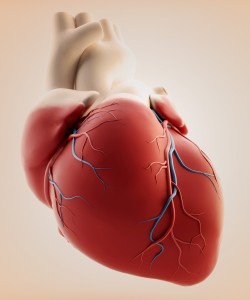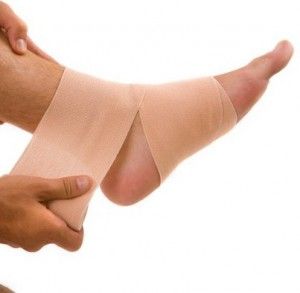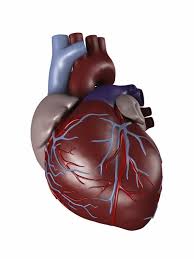Running is probably one of the most popular cardio exercises for people looking to lose weight, get fit for sports, or even just relax. The health benefits everyone can get from running are enormous, ranging from improved heart rate and oxygen uptake, to improved stamina, and even long term development in certain key parts of the brain.
However, running could also be dangerous for health in a number of ways, and researchers have discovered that both people who run too little, and those who run too much face similarly high risks of death. Read on to learn how excessive running could be risky for your health:
1. Enlarges the heart

Exercise, particularly cardio, has well known benefits for the cardiovascular system including increased heart rate; however, studies have shown that excessive/obsessive runners have a tendency to develop extraordinarily large hearts and other such alterations in the structure and functioning of the heart, which make it much less effective at performing basic metabolic processes such as circulation of blood.
2. Oxidative Stress

During exercise, the body uses energy to power the circulatory system, but the increased exposure to oxygen increases the possibility of creating free radicals (cells which have their molecular structure altered due to oxidation), and thereby creating a health risk, as the presence of free radicals in the body is a strong predisposing factor for heart disease, cancer and other such complications.
The good news is that for the first hour or so, after exercise, the body naturally defends itself against increased levels of oxidation, through antioxidants. However, for people who run (or perform other kinds of cardio), excessively, the effects of oxidation may overpower the body’s attempts to “clean up”.
3. Coronary plaque
A comparative study conducted on the health levels of serious runners and regular people found out that, shockingly, the active runners had higher levels of coronary plaque, built up in their arteries. When this happens, individuals are more disposed to developing atherosclerosis and other related heart complications.
4. Injury

One of the biggest drawbacks associated with running is the fact that it could have an extremely degenerative effect on several joints, including the knees in particular. Often, the years of repetitive impact on the knees will bear impact in a runner’s old age, and often, such people might require surgery or even lose some degree of motion totally.
5. Depresses immune system

Beyond a certain level, exercises such as running can actually harm the functioning of the immune system. This is because sustained intensive exercise stimulates the release of cortisol and adrenaline, which have an inhibiting effect on the immune system
6. Heat

tired woman runner have a rest after running hard
In places like Dubai, and the rest of the UAE, where temperatures are usually high, high amounts of running are not recommended as there are several risks that accompany this, such as dehydration, heat fainting and possibly even sunburn and other such.
Conclusion
Running is a great exercise but like most things in life, you will need to do it in moderation, to avoid undoing its gains. Studies have determined that on average a distance of between 5-19 miles spread out over a week is the optimal level at which healthy adults should run.
WhatsApp number: +971565830067 (Just send us code 7257 and we will get back to you ASAP)
Contact Us: Click here to send us your details or fill in the form below.
You can get in touch with us 24/7 and one of our experts will not only give you a free consultation but also help you pick out an appropriate male or female personal trainer to meet your needs. One-on-one personal training lessons are available in Dubai, Abu Dhabi, Sharjah, Ajman and RAK
